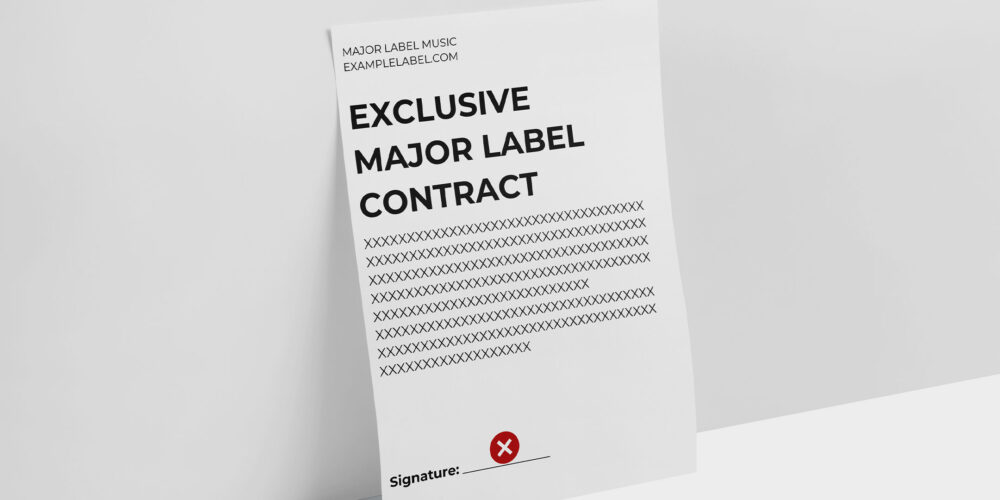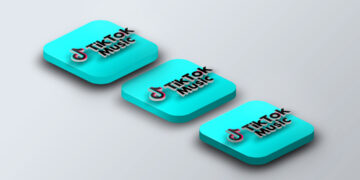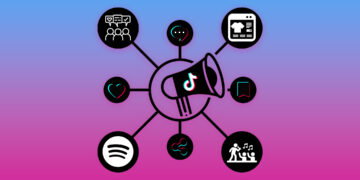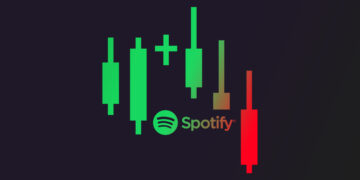Why more and more artists are taking the independent route

- Why more and more artists are turning their backs on the majors
- What advantages you have as an independent artist
- How this has a positive impact on payout, transparency and rights to your music in particular
More and more artists are celebrating major successes without major labels, and many are now seen leaving big record companies. We’ll show you what advantages come with being an independent artist.
Major labels are still a big force, no question about it. Last year, the music industry made a profit of 23.1 billion dollars worldwide, 65.5% percent of which went to major labels. However, this share has been steadily declining; back in 2019, it was 66.5%. A similar situation can be observed at Spotify, where the portion of stream revenues that went to major labels dropped from 70.3% to 68.9% between 2019 and 2020. And yet, major labels continue to enjoy an abundance of power and, above all, financial resources.
Indie instead of major
Nevertheless, more and more artists are either staying on the independent route or leaving the major labels. We’re not just talking about smaller artists either, but also an increasing number of those that any major label would jump at the opportunity to sign. What drives established artists to leave the cemented structures and financial resources of major labels to work with a distributor instead?
- Rights to the music: When working with a major label, you have to give up the rights to your music for a certain (or even undetermined) period of time. However, when you’re with a distributor, you maintain those rights in your own hands.
- Flexibility: You’re usually tied to a major label over multiple years or releases. But when you make a release via an independent distributor, you can switch anytime.
- Cuts: Depending on the distributor, you only have to hand over a small percentage of your revenues or pay a fixed amount per release.
- Of course, you won’t get the same services as you would from a major label. But you can decide for yourself how much, for instance, you want to spend on promotion, marketing, etc. As an artist, you can put together the types of services yourself and don’t have to resort to the full package that the major labels offer.
- Transparency: With most distributors, you have a detailed inside look into the numbers and trends. This way, you gain a better overview of your finances and can plan more confidently.
- Regular payments: While some major labels only pay their artists every couple of months, independent distributors normally credit the amount in question to your account every month.
- Last but not least, you have full artistic freedom. Unlike with a major label, nobody will be butting into your creative process when you’re working with a distributor.
At iGroove, you have the additional benefit of being able to request an advance payment, just like you can at a major label – but again, without being forced to make a long-term commitment.
Additionally, you can request advances for older releases, for which major labels often apply a flatrate that is much too low a compensation. Furthermore, at iGroove you can get a reliable projection of your future revenues. This gives you the ability to plan your next steps and make better business decisions as an artist.
Conclusion
Many young musicians dream of a major deal. But more and more established artists who are already surrounded by a good team have realized that without a major label, they will not only become more independent but can also increase their revenues. There seems to be no better time than now to remain independent. If you have an offer on the table from a major company, you should definitely check first whether you can’t get a better deal elsewhere.t.











